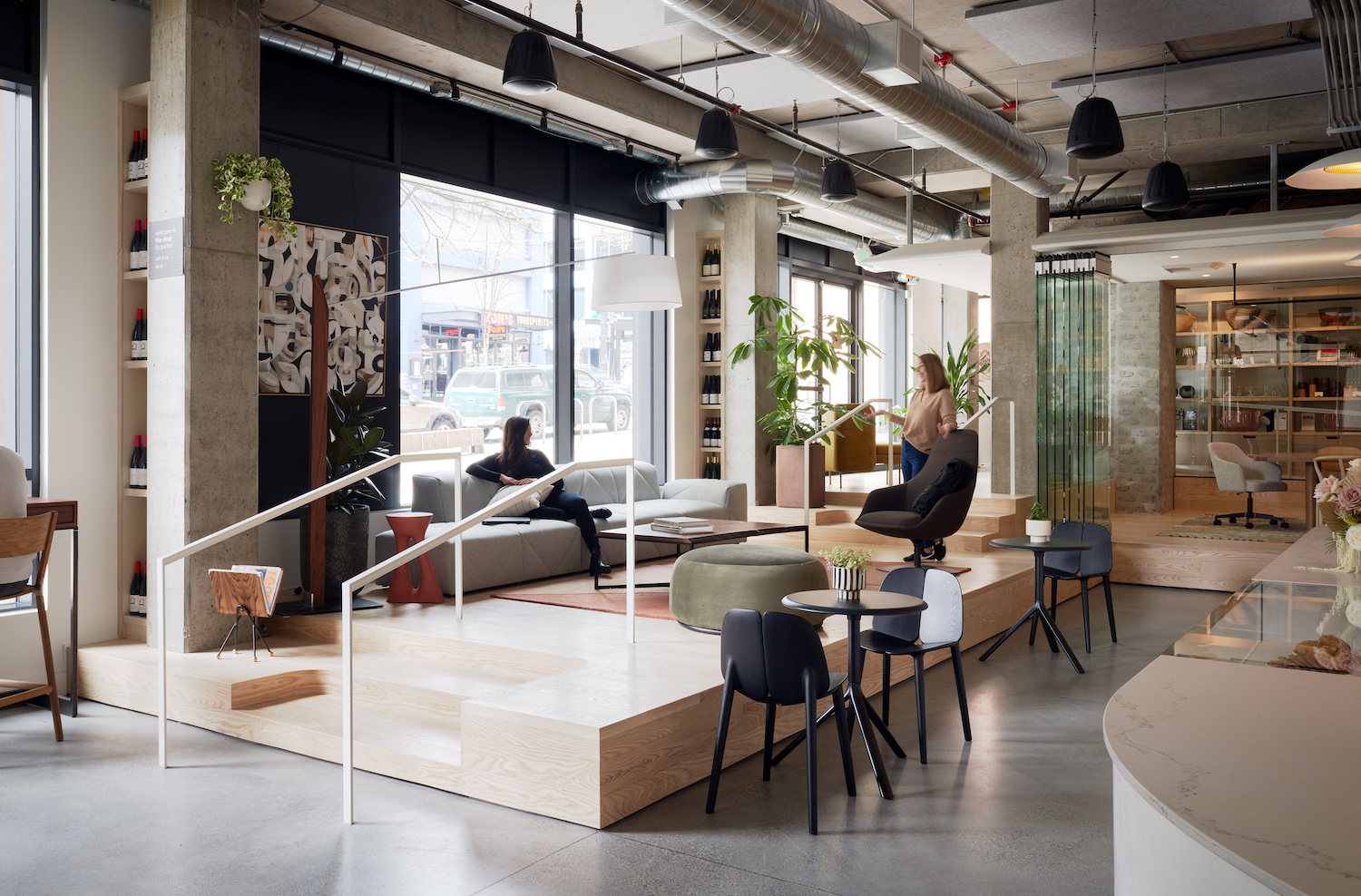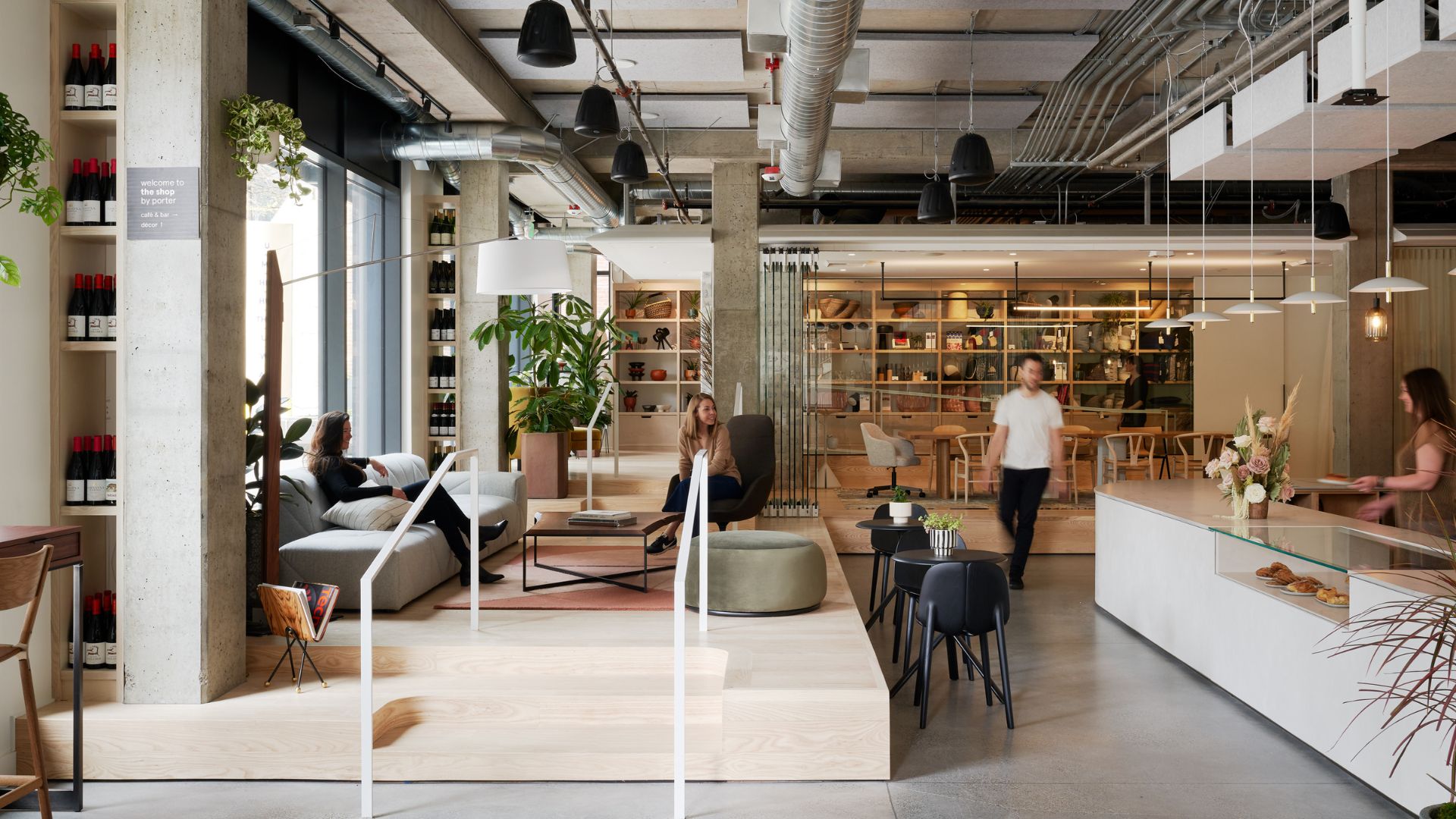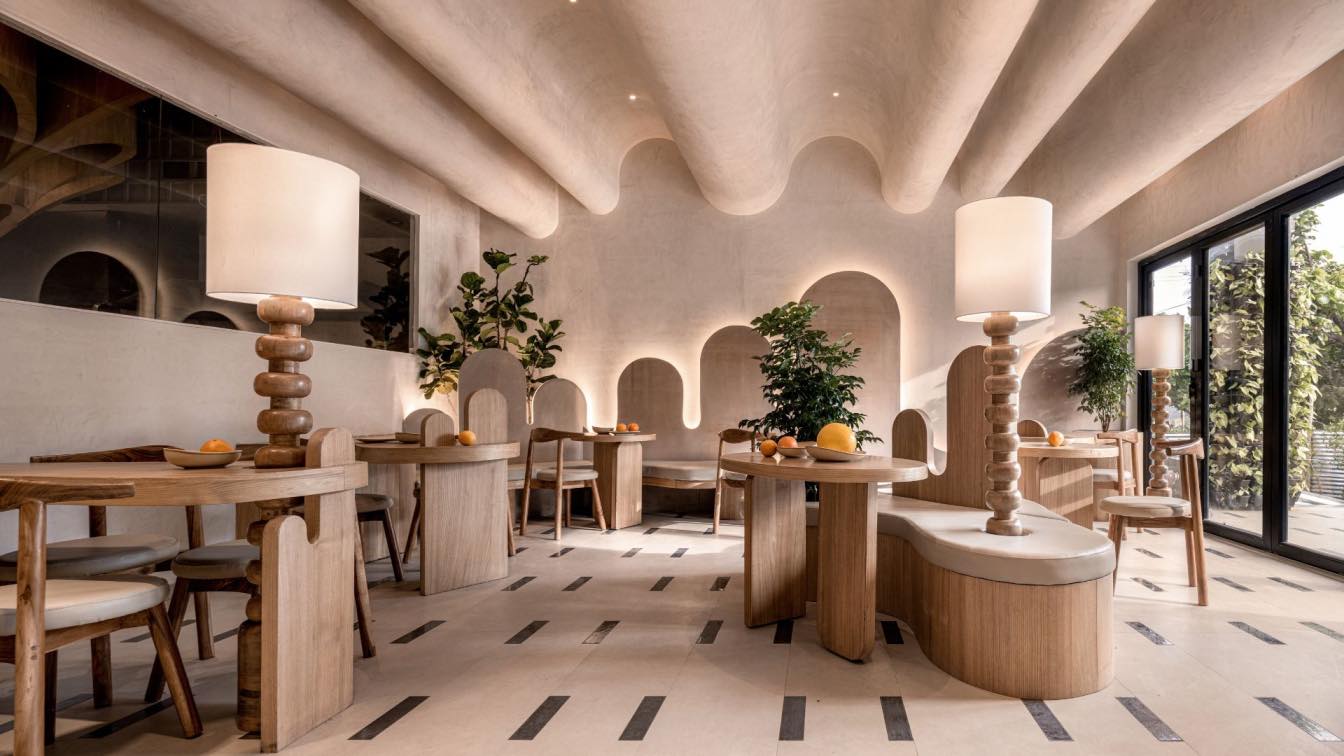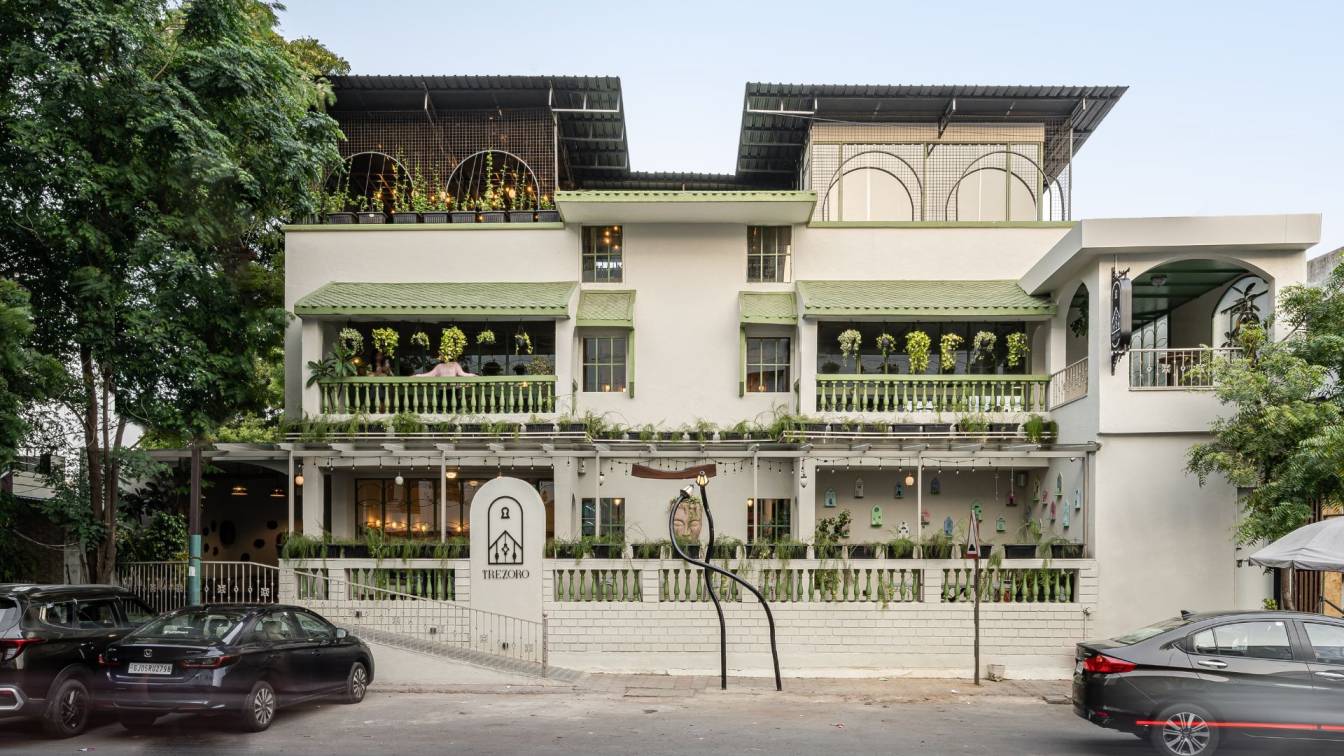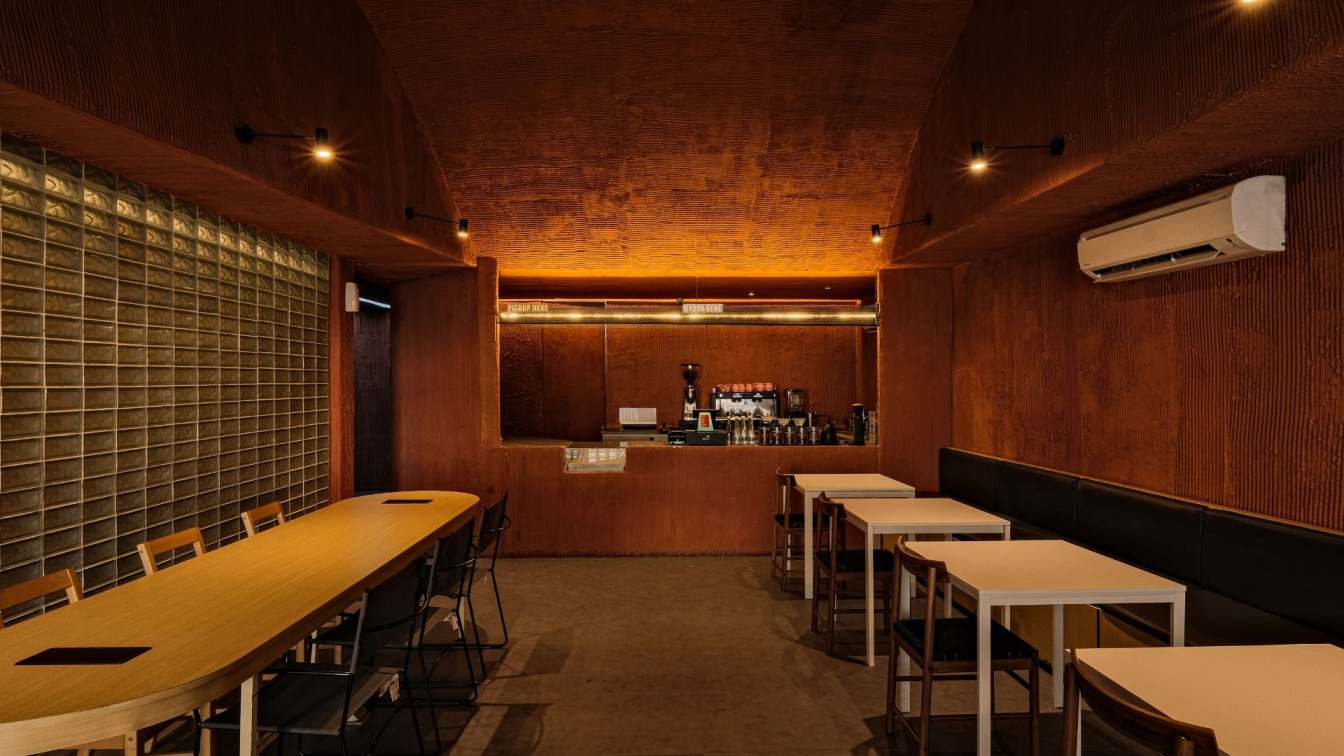Graham Baba Architects: The Shop seamlessly integrates hospitality with design, event, office, and immersive retail, serving as a gathering place for the creative community at a time when culture and connection have never been more important. Part café, part boutique, and part showroom, The Shop is a venue that defies categorization. At the beating heart of the “radical hospitality” concept that inspired this utterly unique, experimental weekday space is a love for Seattle, a passion for the local design community, and a belief that design can create both experience and connection.
While intended to engage and attract Seattle designers and other commercial real estate professionals, the 3,760-square-foot space – especially the café – has become a unique and unexpected oasis for the Downtown Seattle community to connect, imbibe, shop, and refresh during the day. Offering inspiration to many of Porter’s clients as they consider how to layer the element of hospitality into their efforts to recruit and retain employees returning to work, The Shop has served as a functional testing ground for experiencing pandemic and post-pandemic work settings.
This “lab” has provided useful guidance to clients while also breathing life into the stale experience of specifying commercial furniture by wrapping it into a gracious retail/hospitality environment where they can both specify and purchase retail decor from a curated collection by BIPOC makers. The Shop is comprised of two spaces that orthogonally intersect at a corner with a thirty-inch elevation change between two entrances. At the intersection of the two spaces, an elevated wood platform houses the design lab and retail lounge, and also serves as a focal point for speakers.

Located in the heart of the space, the lab is nested as a room-within-a-room with operable partitions that allow for enclosed working sessions or open connections to the larger space. North of the lab, the platform ramps down to the main level, and is lined by custom-built ash shelving that provides an armature for shoppable small wares. Along the storefront, deep treaded stairs with a soft radius are carved into the platform, stepping down to the retail lounge, providing a gradual level change between the two entrances. On the main level, a curved milestone and quartz counter transitions from café to bar.
Three richly hued private meeting rooms with glass partitions are tucked against the east wall, to allow quiet co-working spaces. Seattle-based creative firm House of Sorcery collaborated with the design team on multiple custom installations with subtle local nods, including a large-scale gold mirror installation on the wall behind the bar with a stylized ‘Welcome As You Are,’ and custom rice paper wall covering at the entry.
The primary goal is to allow the products, furniture, and decor to shine, so the material palette is simple and restrained. The ash wood used throughout The Shop is light in color but the variety in grain gives it a playful personality. Metal surfaces are painted to lighten their impact in the space and to keep the focus on the products.















